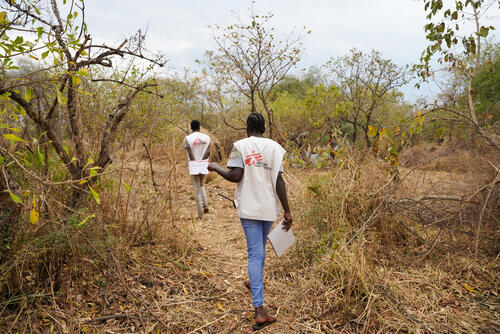Discover all our latest news, stories and publications. Use the filter to get to the content you're looking for.
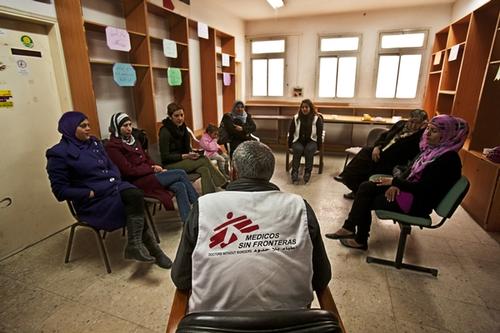
Imprisoned by the mind
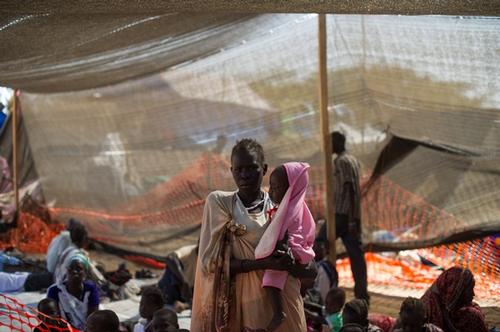
Attacks on MSF health facilities obstruct aid efforts
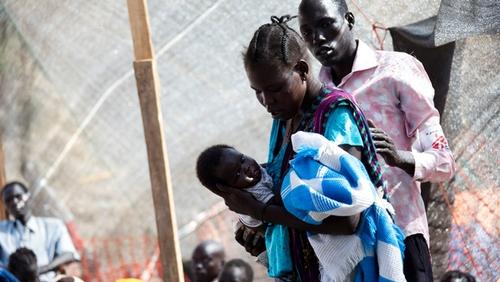
MSF treats more than 100 wounded following heavy fighting in Malakal
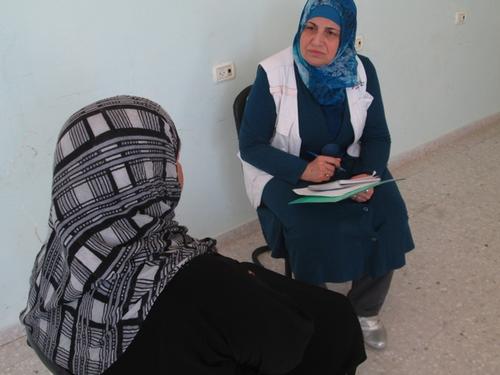
Therapies to better cope with violence
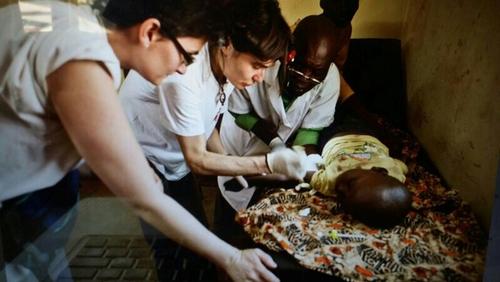
MSF assists 15 injured at Castor hospital in Bangui

MSF working hard to secure safe return of five staff taken in northern Syria
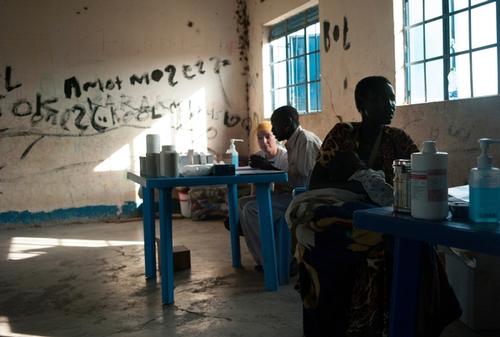
MSF condemns the looting of its facilities in Bentiu
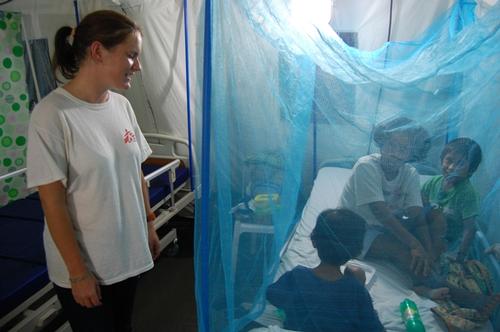
Huge demand for medical services two months after Haiyan
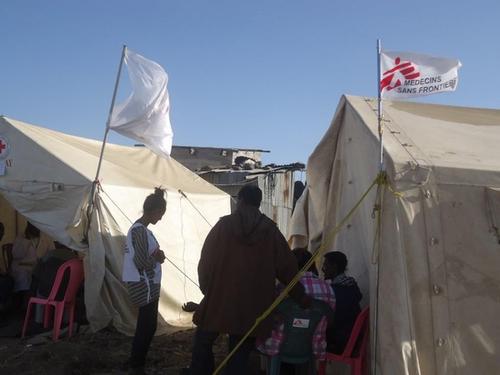
MSF complements medical provision with psychosocial support for returnees
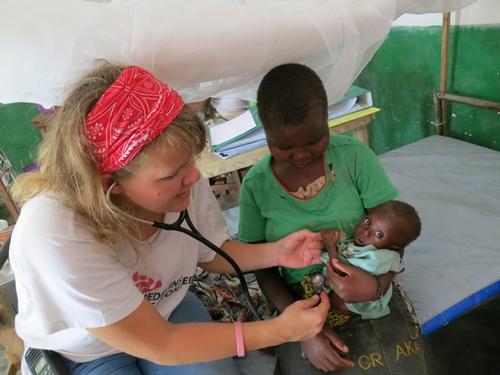
Armed groups must respect and ensure safety of civilians
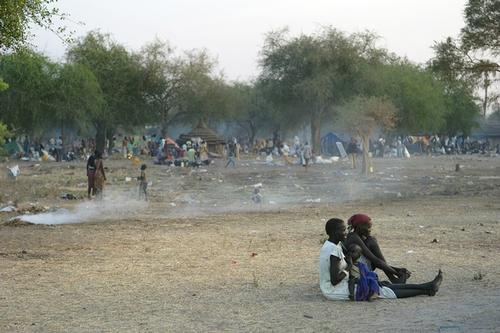
75,000 shelter in desperate conditions on banks of the Nile
Clinical Epidemiology, Diagnosis and Treatment of Visceral Leishmaniasis in the Pokot Endemic Area of Uganda and Kenya
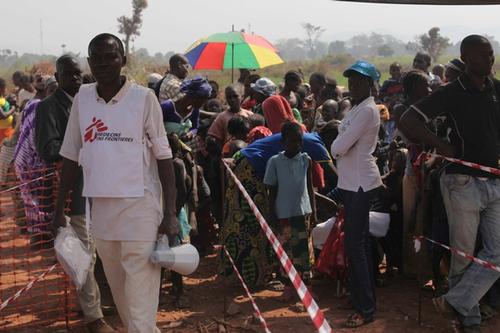
MSF vaccinates 68,000 children for measles in Bangui camps
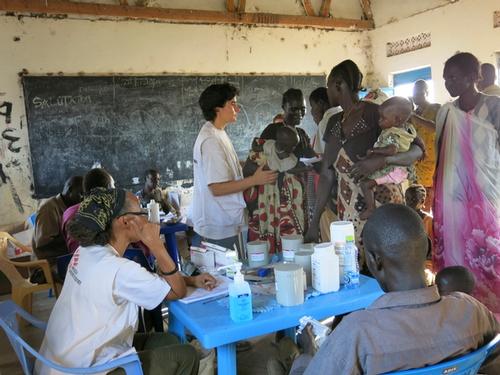
Health needs reach emergency levels as fighting hinders aid response
Five-Year Field Results and Long-Term Effectiveness of 20 mg/kg Liposomal Amphotericin B (Ambisome) for Visceral Leishmaniasis in Bihar, India
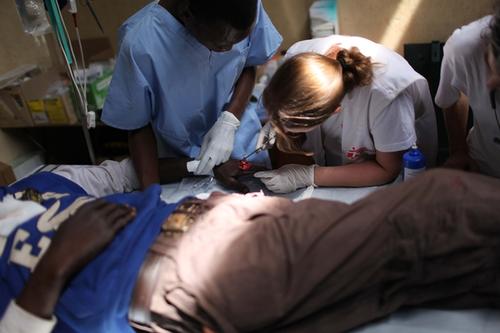
MSF drastically reduces medical activities at Bangui airport following two days of violence
Principles for designing future regimens for multidrug-resistant tuberculosis
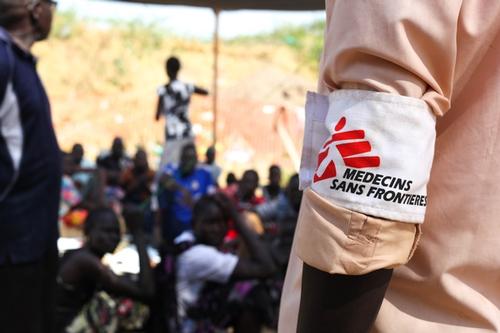
More aid needed for 70,000 people living in catastrophic conditions

Premature baby goes home on Christmas Day

Civilians and hospitals affected by extreme violence in Bangui
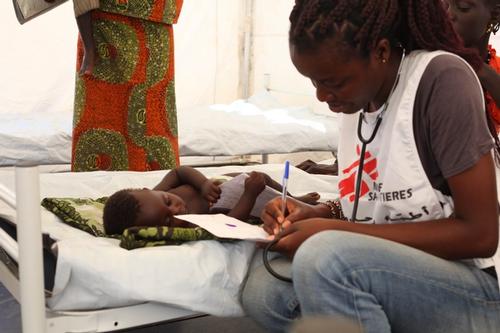
These people need assistance, more than ever
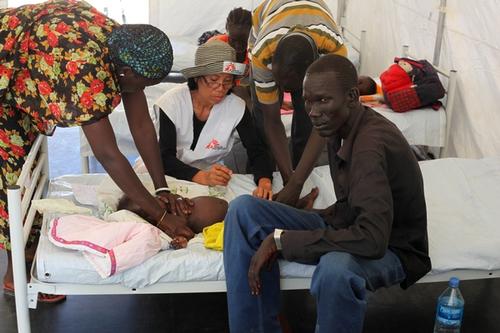
MSF teams treat people affected by violence in Malakal and Lankien
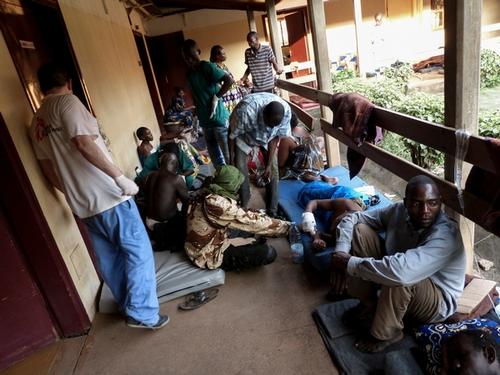
Almost 200 more wounded following renewed violence in Bangui
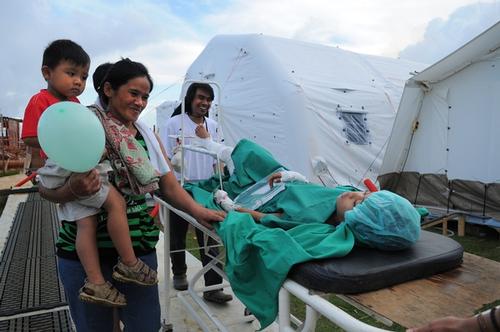
The typhoon was a disaster, but this hospital is a blessing

How we deliver medical humanitarian assistance
Everywhere we work, the circumstances are unique. Nonetheless, our programmes generally follow a common set of practices designed to make sure our resources and expertise are used to maximum effect.




